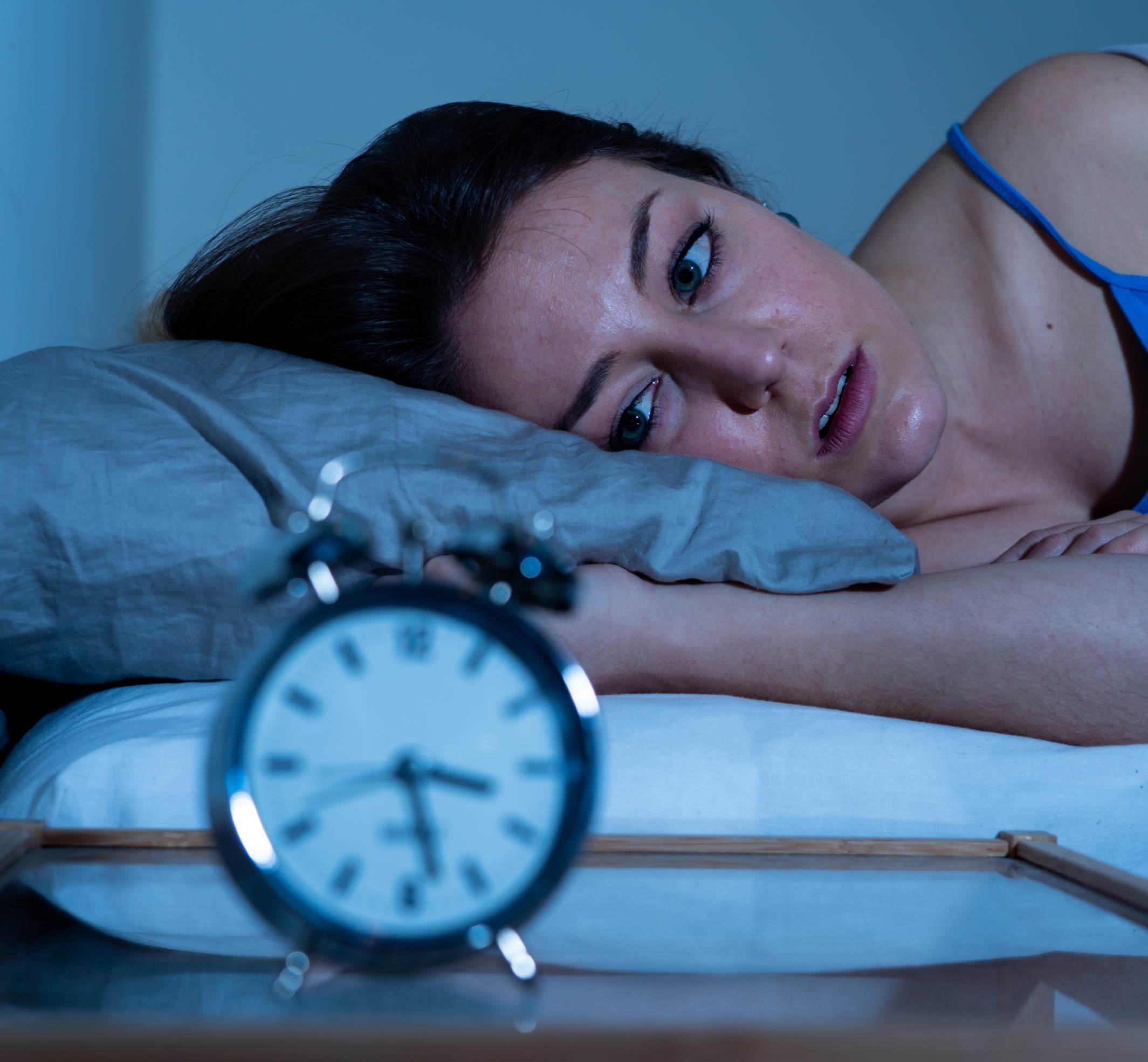What is melatonin?
Melatonin is a hormone your brain naturally produces. Its purpose is to help time your circadian rhythms, which is your internal clock system that tells you when to wake up and when to sleep. Melatonin is usually produced by your body when it gets dark out and tells your body it is time for sleep. While your body produces the melatonin hormone naturally, some have found it beneficial to take supplemental melatonin to help with insomnia and regulating their circadian rhythm.
What is sleep hygiene?
Sleep hygiene is a broad term for several steps you can take to improve your sleep. Some examples of actions you can start doing to improve your sleep include things like turning off the electronics and screens at least 30 minutes to 1 hour before you plan to sleep, try to go to bed and wake up at the same time every day (even on the weekends), establish a relaxing bedtime routine, and keep screens and electronics out of the bedroom.
Another tip for good sleep hygiene is to limit exposure to bright light in the evenings, which is important because being exposed to light when it is nighttime can block your body’s production of melatonin. For more ideas on sleep hygiene and tips to improve sleep, see resources #2 and #3 below.
Are there any drug studies on melatonin?
Melatonin has been and is currently being studied for many different uses. Melatonin is considered “possibly” effective for insomnia, according to the NatMed Pro database. Though, because the supplement is readily available over-the-counter as a natural supplement there have not been the same strict safety trials conducted as would be required for prescription medications. Despite the lack of evidence for safety in a clinical trial setting, melatonin supplements are generally considered safe. However, without formal safety trials looking at different populations of people, we do not know how safe melatonin is in people with conditions like cardiovascular disease, cancer, seizures, infants, children, elderly, or pregnancy/lactation. It is important to speak with your healthcare provider before starting any over-the-counter medication or supplement.
There is also A New Medication For Insomnia
When taking any over-the-counter supplement, you should select a product that has a U.S. Pharmacopeia (USP) stamp of approval on the label. This is because over-the-counter supplements are not closely monitored by the FDA (U.S. Food and Drug Administration). A USP verification stamp ensures you are getting a product which is accurately labeled for ingredients and potency, free of contaminants, and created using current good manufacturing practices.
What is the proper dose to take?
There are many different dosages available over the counter for melatonin supplements. They range from 0.3mg to 20mg. Melatonin supplements can come in many different formulations including tablets, dissolving tablets, time-delayed capsules, sprays, and gummies. For insomnia, the recommended dose for adults is between 1 to 5mg per night. If you’re taking melatonin for sleep, it should be taken about 30 minutes before bed. Experts recommend starting with a very low dose of melatonin, such as 0.3mg to 1 mg, because it may be just as effective as higher doses. You can always increase the dose over time to your desired effectiveness. If you already take medications that may cause you to be sleepy, use caution when starting melatonin supplementation. It also is recommended to avoid alcohol or marijuana while taking melatonin products.
Conclusion
The safest way to improve your sleep is through sleep hygiene techniques. If you have implemented a bedtime routine with sleep hygiene tactics in place and still have trouble sleeping, melatonin is generally considered safe. However, we don’t have many formal safety trials to understand the full extent of the safety of melatonin supplementation. Speak with your doctor before starting any supplement, especially if you have underlying health conditions. If you start taking melatonin for insomnia, start at a low dose and increase the dosage over time if necessary.
Resources:
- National Center for Complementary and Integrative Health: https://www.nccih.nih.gov/health/melatonin-what-you-need-to-know
- Sleep hygiene: https://www.cdc.gov/sleep/about_sleep/sleep_hygiene.html
- https://sleepeducation.org/healthy-sleep/healthy-sleep-habits/
- Biomolecules. 2023 Jun; 13(6): 943. Published online 2023 Jun 5. doi: 10.3390/biom13060943
- https://www.sleepfoundation.org/sleep-news/how-much-melatonin-do-adults-really-take
- https://www.sleepfoundation.org/melatonin/melatonin-dosage-how-much-should-you-take












